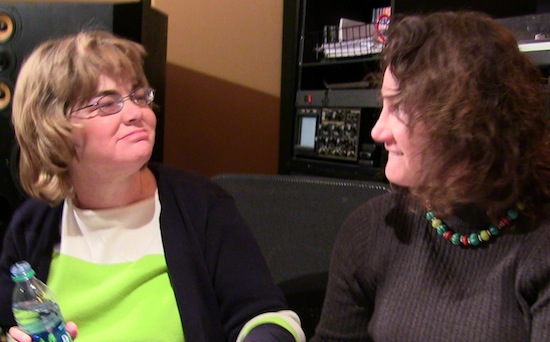To me this is a powerful lesson in not placing limitations on autistic people.
http://www.huffingtonpost.com/ariane-zurcher/living-with-autism_b_3299197.html
 |
| Barb Rentenbach (left) |
 |
| Barb Rentenbach (left) |


"Label-locked thinkers want answers.
This kind of thinking can do a lot of damage. For some people, a label can become the thing that defines them. It can easily lead to what I call a handicapped mentality. When a person gets a diagnosis of Asperger’s, for instance, he might start to think, What’s the point? or I’ll never hold down a job. His whole life starts to revolve around what he can’t do instead of what he can do, or at least what he can try to improve.
Label-locked thinking goes the other way, too. You might be comfortable with your diagnosis but worry that it will define you in the eyes of others. What will your boss think? Your coworkers? Your loved ones? Half the employees at Silicon Valley tech companies would be diagnosed with Asperger’s if they allowed themselves to be diagnosed, which they avoid like the proverbial plague. I’ve been to their offices; I’ve seen the work force up close. Many of the hits on my home page come from Silicon Valley and other areas with a high concentration of tech industries. A generation ago, a lot of these people would have been seen simply as gifted. Now that there’s a diagnosis, however, they’ll do anything to avoid being ghettoized.
Label-locked thinking can affect treatment. For instance, I heard a doctor say about a kid with gastrointestinal issues, “Oh, he has autism. That’s the problem” — and then he didn’t treat the GI problem. That’s absurd. Just because gastrointestinal problems are common in people with autism doesn’t mean that the GI problems are untreatable on their own. If you want to help the kid with GI issues, talk about his diet, not his autism."